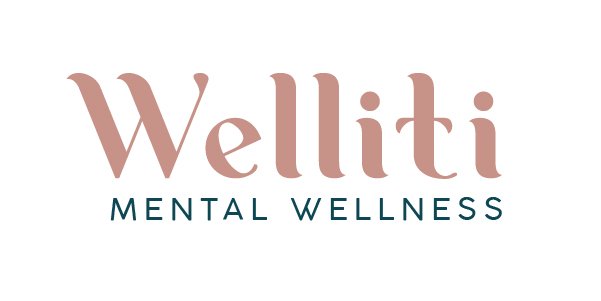How to Manage ADHD
ADHD (Attention-Deficit/Hyperactivity Disorder) is a neurodevelopmental disorder that can affect both children and adults. It is characterized by symptoms such as difficulty paying attention, impulsivity, and hyperactivity that impair a person’s ability to function. Here are some ways to manage symptoms:
Exercise regularly: Regular exercise can help reduce symptoms of ADHD, improve mood, and increase focus. Activities such as walking, running, swimming, or yoga can be helpful.
Get enough sleep: Lack of sleep can exacerbate symptoms of ADHD. Establishing a regular sleep routine and getting sufficient sleep can help improve focus and reduce impulsivity.
Eat a healthy diet: A healthy diet rich in protein, complex carbohydrates, and omega-3 fatty acids can help manage symptoms of ADHD. Avoiding processed foods, sugar, and excessive caffeine can also be helpful.
Reduce screen time: Excessive screen time can interfere with sleep and exacerbate symptoms of ADHD. Setting limits on screen time, particularly before bed, can be helpful.
Simplify your environment: A cluttered environment can be overwhelming and distracting for people with ADHD. Simplifying your environment by reducing clutter and creating an organized workspace can help improve focus and reduce stress.
Practice mindfulness: Mindfulness techniques such as deep breathing, meditation, or yoga can help reduce stress and improve focus.
Set realistic goals: People with ADHD often have difficulty setting and achieving goals. Setting realistic, achievable goals and breaking tasks into smaller, manageable steps can be helpful.
Organization: People with ADHD often struggle with organization and time management. Using a planner or calendar, and setting reminders for appointments, deadlines, and tasks can help improve organization. Create a system for organizing paperwork using labels and color-coding.
Create routines: Establishing a regular routine can help people with ADHD manage their time and reduce stress. Setting specific times for activities such as exercise, meal times, and bedtime can be helpful.
Take breaks: Taking regular breaks throughout the day can help people with ADHD manage their energy and avoid burnout. Taking short breaks to stretch, walk, or engage in a relaxing activity can be helpful.
Use positive self-talk: Negative self-talk can exacerbate symptoms of ADHD. Using positive self-talk can help people with ADHD feel more confident and focused.
Use positive reinforcement: Using positive reinforcement, such as rewarding oneself for completing a task, can help people with ADHD stay motivated and focused.
Practice active listening: People with ADHD often struggle with listening and paying attention. Practicing active listening techniques such as repeating information or summarizing key points can help improve focus and understanding.
Improve time management: People with ADHD often struggle with time management. Using a timer or setting reminders can be helpful in managing time and staying on task.
Seek professional help: Consult a healthcare professional who specializes in treating ADHD. They can provide a proper diagnosis and recommend treatment options.
Therapy: Behavioral therapy can help people with ADHD learn coping strategies, improve social skills, and manage their behavior. Cognitive-behavioral therapy (CBT) can also be helpful in managing negative thinking patterns and improving mood.
Medication: ADHD medications can help manage symptoms such as impulsivity, hyperactivity, and inattention. Common ADHD medications include stimulants such as Ritalin and Adderall, and non-stimulants such as Strattera.
Support from family and friends: Having a support system of family and friends can provide emotional support and help people with ADHD manage their symptoms.
Remember, making lifestyle changes can take time; the key is to be patient and persistent. It is important to remember that managing ADHD is a process, and what works for one person may not work for another. A healthcare professional can work with you to develop a personalized plan to manage ADHD symptoms.
✌🏾Be Well


